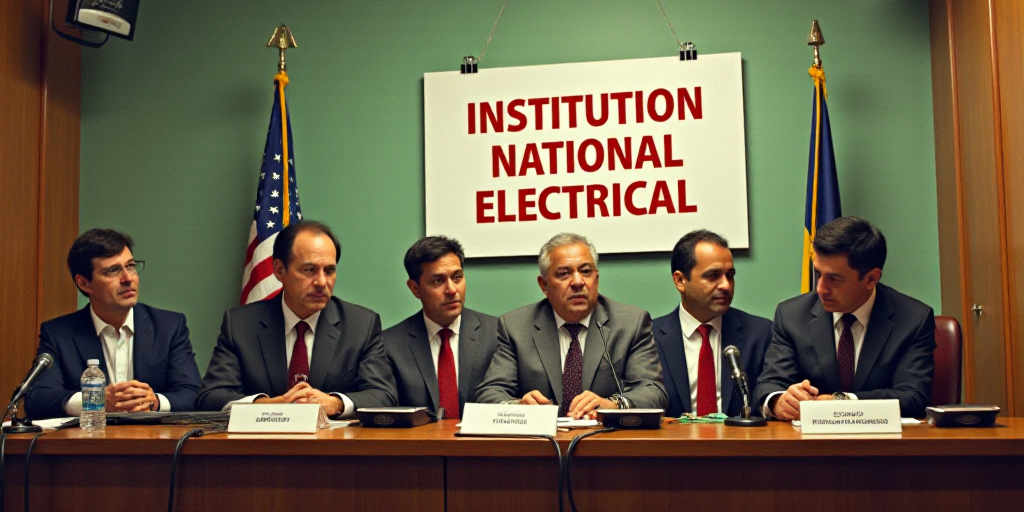Background on the Instituto Nacional Electoral (INE)
The Instituto Nacional Electoral (INE) is Mexico’s independent electoral body responsible for organizing and supervising elections at the federal level. Established in 2014, it replaced the Federal Electoral Institute (IFE) to ensure free and fair elections in Mexico.
The Controversy Over Academic Requirements
During the recent Judicial election, INE confronted a situation where several winning candidates did not meet the minimum academic requirements set by the Constitution. The controversy revolves around the interpretation of the minimum grade point average (GPA) needed for aspirants to specialize in their chosen fields.
Key Candidates and Their Academic Standing
Among the candidates in question are Edén Wynter Meilónn Walter, Tomás Enrique Sánchez Silva, and Arturo Manuel Fernández Abundiz. These individuals were declared winners in the Judicial election but fell short of the required GPA in their respective specialty-related subjects.
INE’s Decision and Consejera Carla Humphrey’s Proposal
Consejera Carla Humphrey raised concerns about 33 candidacies, including the aforementioned individuals, not meeting the minimum GPA requirement of 8 for their specialty areas. Despite being proposed by independent evaluation committees, Humphrey argued that their ineligibility should be reconsidered due to insufficient grades in relevant subjects.
Dissenting Opinion from Consejera Dania Ravel
Consejera Dania Ravel dissented from the majority, asserting that the INE overstepped its authority by attempting to override the decisions made by the independent evaluation committees. Ravel pointed out that there were cases where candidates did not meet the required GPA, yet their victories were still validated.
Criterias and INE Consejeros’ Perspectives
Consejero Uuc-kib Espadas: Espadas supported Humphrey’s proposal, emphasizing that the minimum GPA is a constitutional criterion for eligibility. He criticized the INE’s legal team for trying to pass off a 7.9 GPA as equivalent to the required 8.
Consejero Jorge Montaño: Montaño acknowledged the shortcomings in the judicial election process, including both regulatory and technical aspects. He noted that while INE’s Commission for the Temporary Judiciary addressed some of these issues, legislative amendments were still necessary to rectify the remaining deficiencies.
INE’s Action Plan
Following the Consejo General’s decision, INE plans to declare the aforementioned candidates ineligible and transfer their victories to the respective runners-up. Subsequently, INE will reassess these candidates’ eligibility to ensure compliance with all requirements.
Key Questions and Answers
- What is the controversy about? The controversy centers around whether candidates who won the recent Judicial election meet the constitutionally mandated academic requirements for their specialty areas.
- Who are the key candidates involved? Edén Wynter Meilónn Walter, Tomás Enrique Sánchez Silva, and Arturo Manuel Fernández Abundiz are among the candidates whose eligibility is being questioned.
- What is the INE’s plan of action? INE intends to declare these candidates ineligible, transfer their victories to runners-up, and reassess their eligibility based on academic requirements.
- Why is there disagreement among INE consejeros? Consejeras Humphrey and Ravel, along with Consejeros Espadas and Montaño, have differing opinions on the INE’s authority to override independent evaluation committees’ decisions and the interpretation of minimum GPA requirements.






